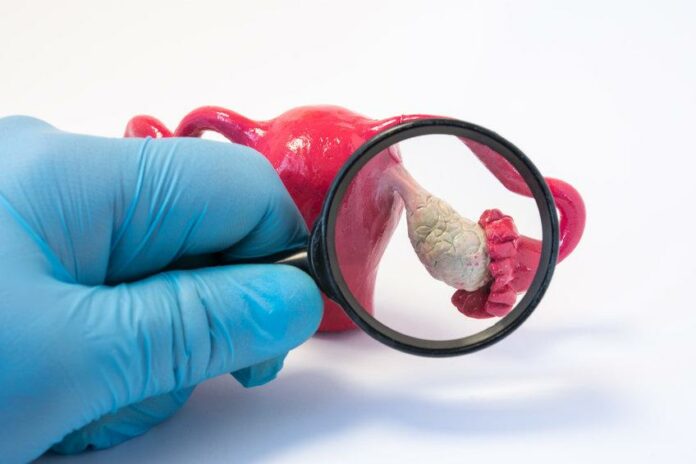Polycystic ovary syndrome most commonly occurs during a woman’s reproductive years. Despite several scientific studies, the exact causes of polycystic ovary syndrome are still unknown. However, not having a menstrual cycle on a regular basis is one of the major symptoms of women with this condition. In some cases, the menstrual cycle may last for days.
In addition, polycystic ovary syndrome is related to abnormal hormone levels. Furthermore, polycystic ovary syndrome is considered to be a genetic problem too. To learn more about polycystic ovary syndrome, read this article.
Symptoms of polycystic ovary syndrome discovered by scientist
Even though not every woman suffering from polycystic ovary syndrome experiences the same symptoms, some are the most common. Furthermore, depending on the woman, the symptoms can be mild or severe.
- An irregular period is one of the most common symptoms of polycystic ovary syndrome. Sometimes, some patients also experience no periods at all.
- The women will also experience difficulty getting pregnant. The reason is because of irregular ovulation or no ovulation at all.
- Some women also experience excessive hair growth on the face, back, buttocks, and chest.
- Also, weight gain is another prominent symptom that you might be suffering from polycystic ovary syndrome.
- Although it is rare, studies have shown that hair loss or thinning hair can also be connected to polycystic ovary syndrome.
- When the skin becomes too oily or notices acne, you must check if you have polycystic ovary syndrome.
These signs may also be related to other diseases, but the only way to find out is to reach out to a medical practitioner. Please contact a medical professional as soon as you notice it so that it will be tackled on time.
Common causes of polycystic ovary syndrome
Although there are no exact causes of polycystic ovary syndrome, scientifically, the following have been discovered to be the reasons for this ailment:
Resistance to insulin
When the insulin level is high, the ovaries produce a lot of testosterone. It interferes with the development of follicles, and ovulation will be affected.
Hormone imbalance
Women who are found to have polycystic ovary syndrome often have a hormonal imbalance. The exact cause of the hormonal imbalance is often unknown in most cases. In some cases, it could be low levels of sex hormone-binding globulin or raised levels of prolactin.
Genetics
Sometimes, polycystic ovary syndrome often is hereditary. Scientifically, the particular genes that cause this condition have not been identified. Therefore, if this is the case, there is a possibility that you may develop polycystic ovary syndrome.
Conclusion
The best way to treat polycystic ovary syndrome is with early diagnosis and treatment. Also, weight loss will reduce the risk of polycystic ovary syndrome or complications. Furthermore, you may need to visit a fertility clinic if you notice any of the symptoms highlighted here. No doubt, women start considering a polycystic ovary syndrome diagnosis when they can’t have a child. Finally, make sure the medical practitioner is experienced in fertility matters.


